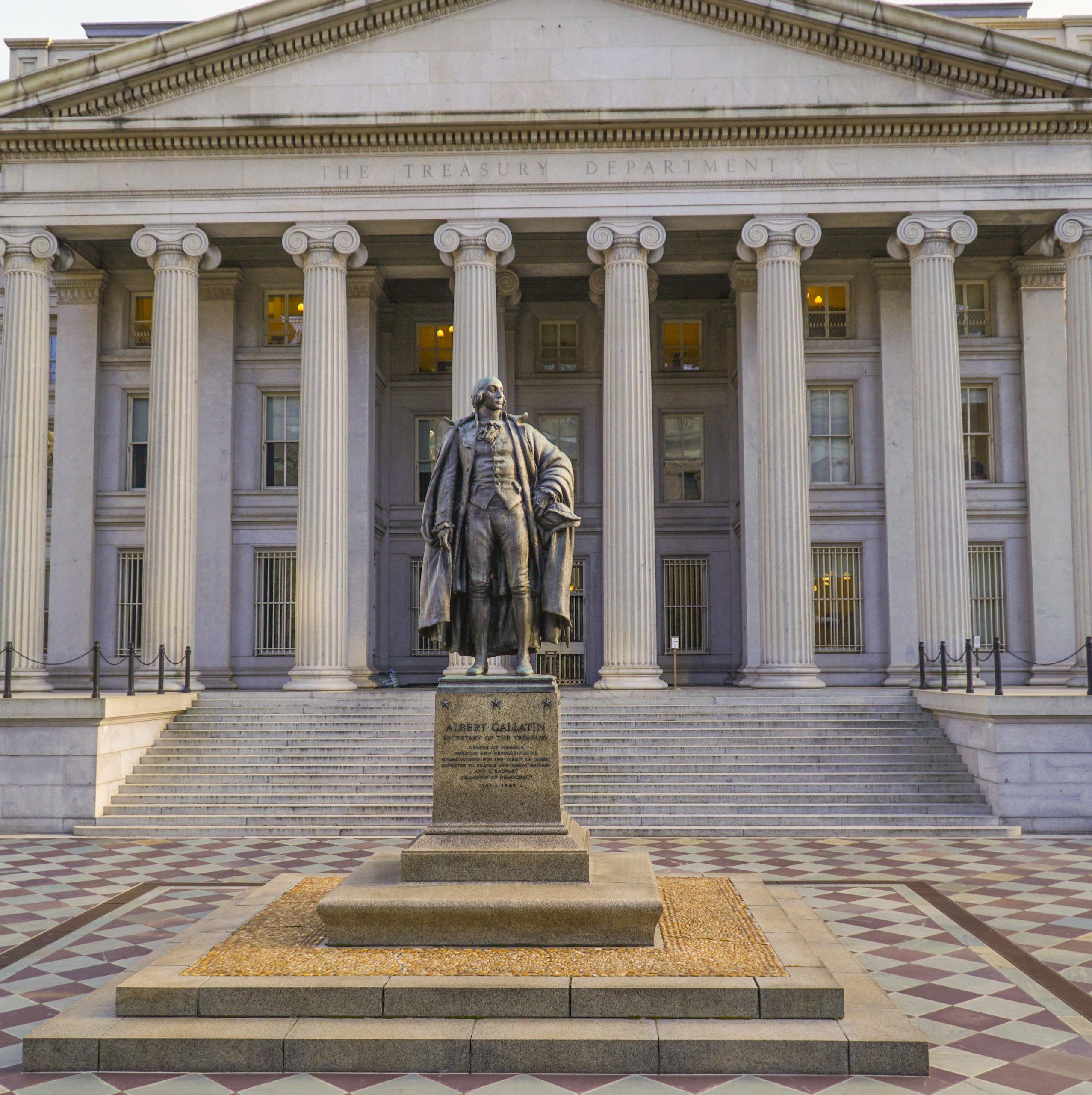Approve Emergency Appropriations for the Financial Crimes Enforcement Network and Office of Terrorism and Financial Intelligence
Inadequate funding for the U.S. Financial Crimes Enforcement Network (FinCEN) and the Office of Terrorism and Financial Intelligence (TFI) jeopardizes the enforcement of new U.S. sanctions in light of President Putin’s unlawful invasion of Ukraine.
To increase the effectiveness of U.S. sanctions, Congress must fund FinCEN and TFI to give them the personnel, technology, licensing, and travel budget necessary to identify and freeze Russian oligarch assets. FinCEN in particular needs resources to pursue and finalize structural reforms to the U.S. anti-money laundering framework that will give officials better investigative tools to uphold U.S. national security and anti-corruption interests.
Treasury Funding Is Essential to the U.S. Sanctions Response
The U.S. has initiated a strong economic response to Russia’s unlawful invasion of Ukraine through the application of sanctions and asset seizures against Russian oligarchs. The head of the Department of Justice’s new “Kleptocapture” unit promised, “Oligarchs be warned: we will use every tool to freeze and seize your criminal proceeds.” Yet Putin’s political allies have a history of circumventing U.S. sanctions by relying on complex and anonymous financial structures that make it harder for U.S. officials to track, freeze, and seize their assets.
TFI and FinCEN play a crucial role in collecting and analyzing financial intelligence, as well as in implementing U.S. sanctions. On March 7, FinCEN released an advisory on heightened sanctions evasions risks re: Ukraine, and identified seven potential money laundering red flags to financial institutions.
As part of its FY2022 budget request, the Biden Administration requested $191 million for FinCEN – a 50 percent increase above the FY2021’s enacted levels – to give the agency the staffing and tools needed to fulfill its anti-money laundering mission. A bipartisan group of 38 legislators has recognized the need for additional FinCEN funding. U.S. and international anti-corruption experts have also supported appropriately resourcing financial intelligence units at home and abroad. Further, the Administration’s FY2022 request for TFI reached $185.2 million, or $10.2 million more than the previous enacted levels. To-date, Congress has still not approved funds for either body.
On March 2, the White House urged Congress to approve – as part of the Ukraine appropriations supplemental – an additional $25 million to TFI for sanctions enforcement, and an additional $19 million for FinCEN in anticipation of the increased demand on the agency’s resources to analyze data in support of sanctions, among other priorities.
How Russian Oligarchs Exploit U.S. Financial Secrecy
Corrupt Russian officials in Putin’s inner circle regularly leverage the financial secrecy of rule-of-law countries for their own gain. In the 2021 Pandora Papers exposé, Russian individuals made up 14 percent of owners behind the 27,000 anonymous entities revealed in the leak, including 46 Russian oligarchs. Consider the following examples of how Russian oligarchs have exploited U.S. financial secrecy:
- Through his company Rusal, U.S. sanctioned Russian oligarch Oleg Deripaska invested $200 million in a commercial aluminum rolling mill in Kentucky. He also was connected to a home in the Washington, DC area, which he owned through a Delaware LLC.
- Per the 2020 FinCEN Files reporting, sanctioned Suleiman Kerimov used Deutsche Bank’s New York branch to transfer $8 million through a shell entity in the British Virgin Islands to interfere in UK politics.
- A 2020 Senate Permanent Subcommittee on Investigations report revealed how Arkady and Boris Rotenberg made $18.4 million in art purchases through overseas-based shell entities from New York auction houses after they were sanctioned by the United States.
What Can Congress Do?
Congress must urgently approve funds for FinCEN and TFI to ensure that they each have the staff, hardware, technology licensing, and travel funds necessary to fulfill both their immediate task of enforcing U.S. sanctions and their long-term mission as guardians of the U.S. financial system. Congress should:
- Approve an emergency increase of $19 million for FinCEN and a $25 million for TFI to support sanctions enforcement against Russian oligarchs.
- For FY2022, pass a $64 million increase to FinCEN’s budget, and a $10.2 million increase to TFI’s budget. These amounts align with budgetary requests from the Administration last April, but – despite the Treasury Department’s multiple requests to fast track them – have not yet been approved.
- Further increase FinCEN’s budget for FY2023. The White House announced an ambitious anti-corruption agenda, in which FinCEN plays a leading role. FinCEN has been tasked with leading rulemakings to strengthen anti-money laundering safeguards in U.S. real estate transactions and U.S. private investment markets. It further has a role in rulemakings to identify true owners of anonymous U.S. shell entities and to address other AML gaps relating to art, cryptotechnologies, and certain enabler professions. The agency will need additional staffing and resources to meaningfully draft and implement these rules.

